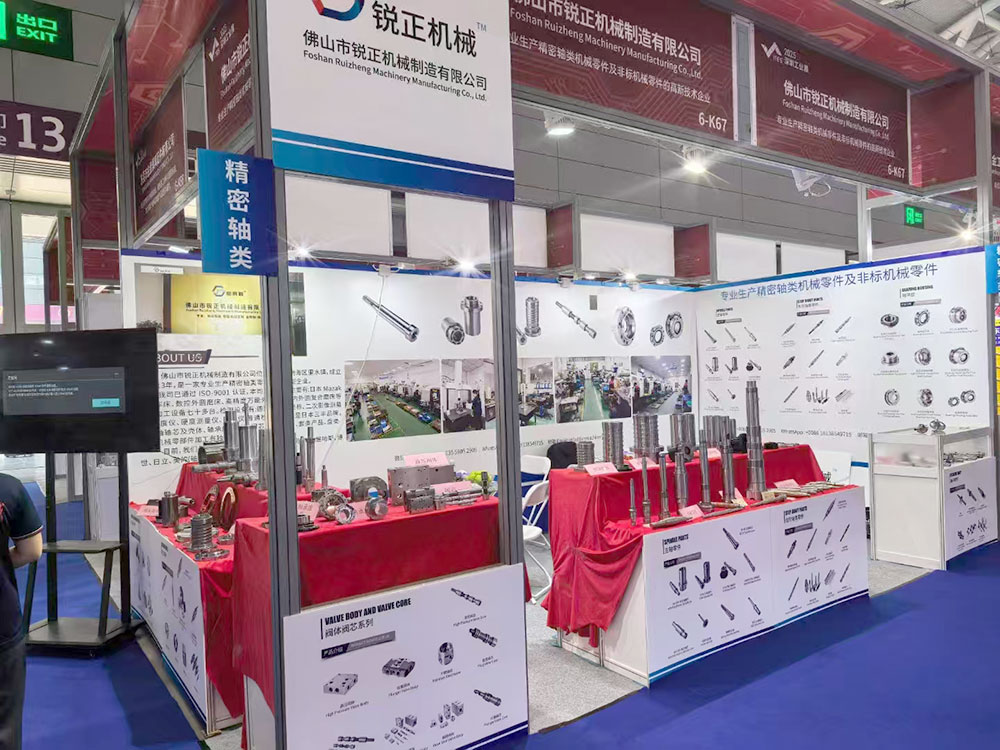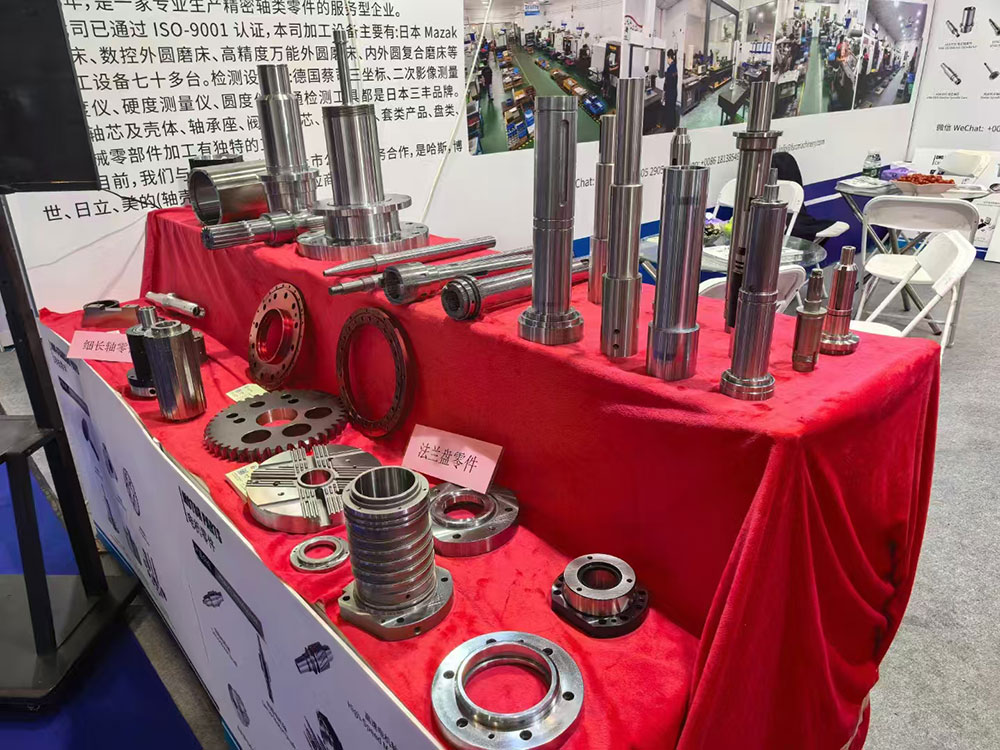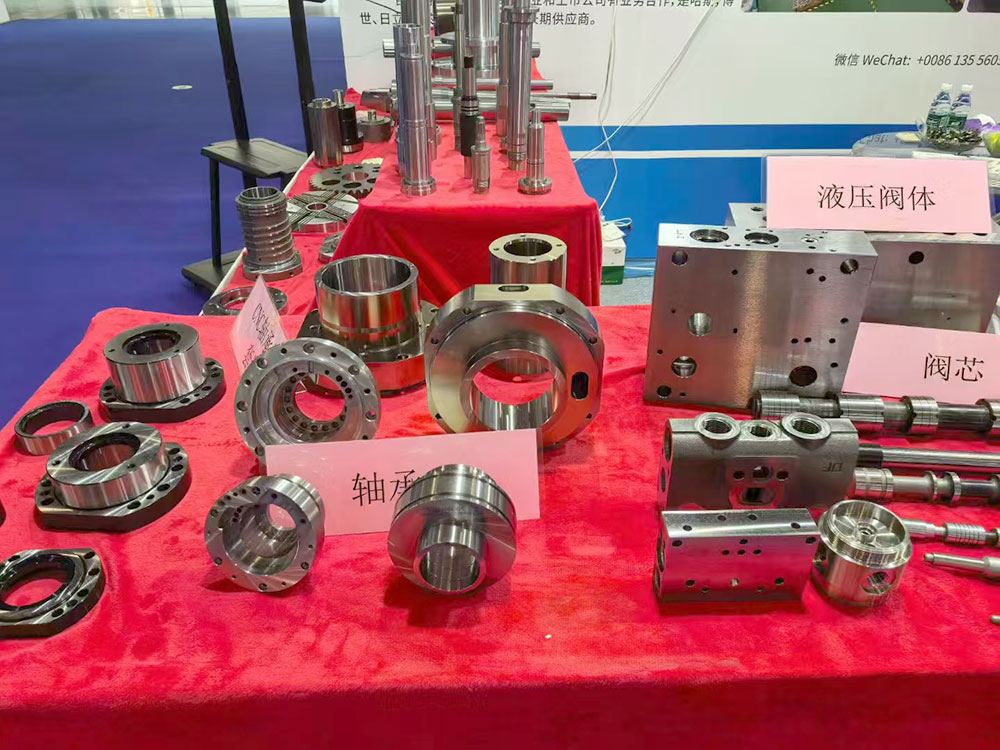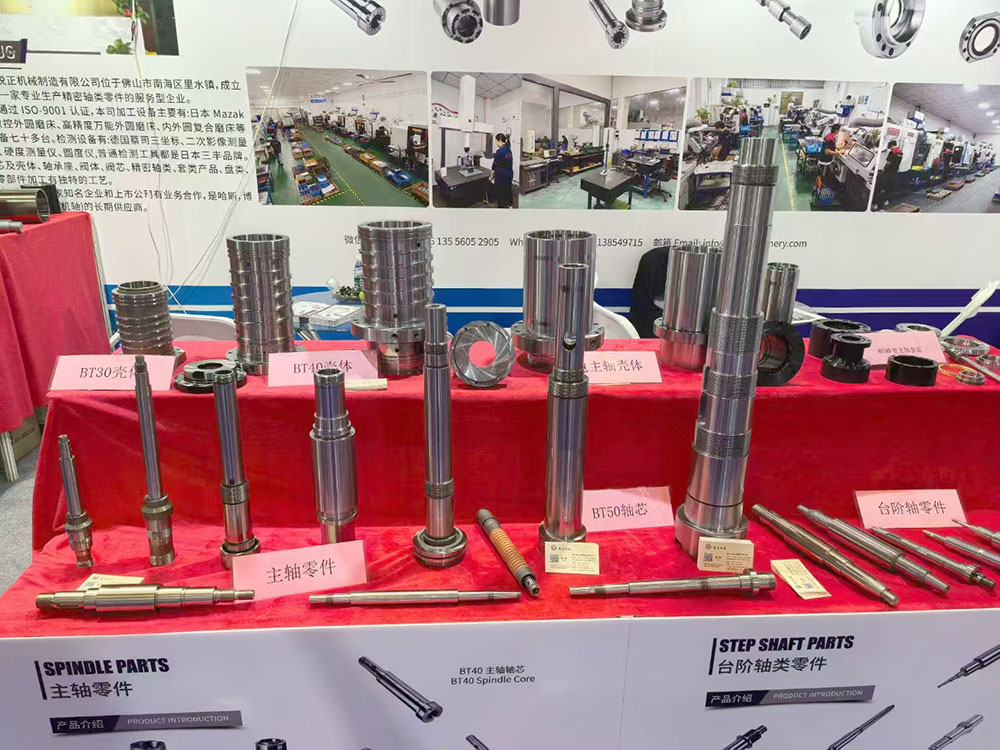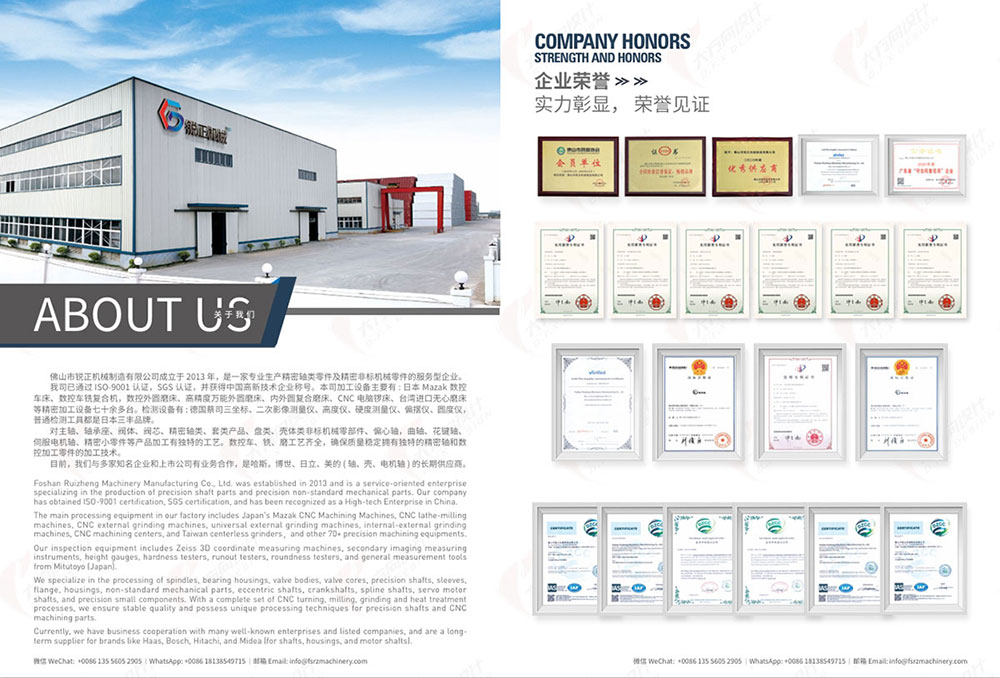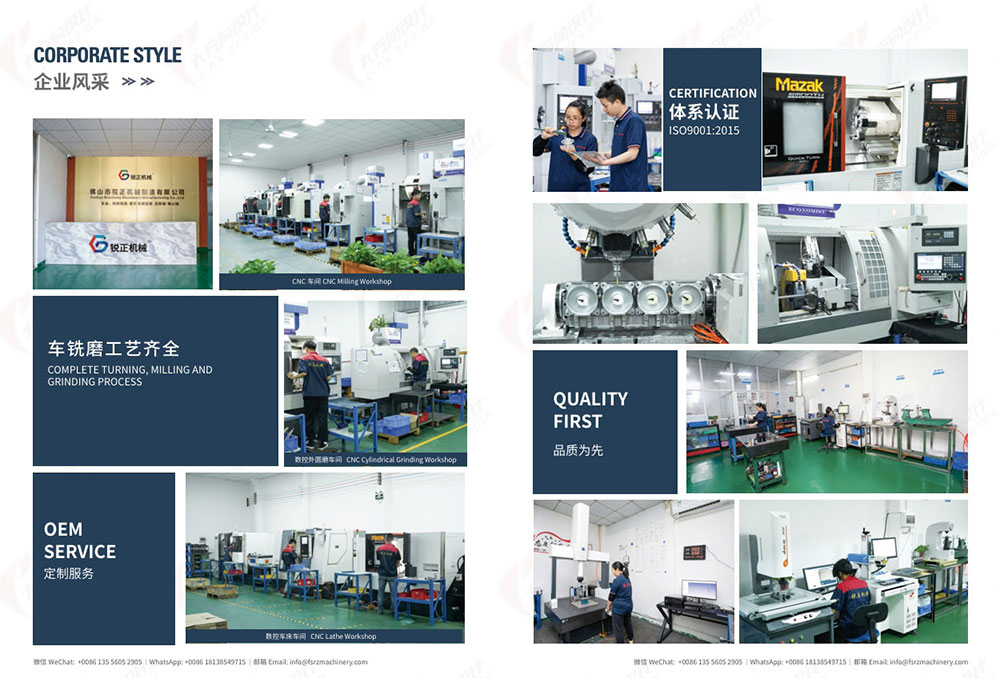Precision parts machining is a cornerstone of modern manufacturing, enabling the creation of complex, high-tolerance components critical to industries ranging from aerospace to healthcare.This article explores what precision parts machining entails and highlights the key sectors that depend on its advanced capabilities.

1. What is Precision Parts Machining?
Precision parts machining refers to the process of manufacturing components with extremely tight tolerances (often within microns) using advanced tools like CNC (Computer Numerical Control) machines, lathes, milling machines, and grinders. Unlike conventional machining, this method prioritizes accuracy, repeatability, and the use of high-quality materials such as titanium, stainless steel, or specialized alloys.
The process typically involves:
CAD/CAM Software: Designing parts digitally and programming machines for precise execution.
CNC Machining: Automated control of tools to carve, drill, or shape materials with minimal human intervention.
Quality Assurance: Rigorous inspection via coordinate measuring machines (CMMs) or laser scanners to ensure compliance with specifications.
Precision parts machining is ideal for producing intricate geometries, custom prototypes, and high-performance components where even minor deviations can impact functionality.
2. Key Industries That Require Precision Parts Machining
The demand for precision parts machining spans industries that prioritize reliability, safety, and innovation. Below are the top sectors leveraging this technology:
Aerospace & Defense
The aerospace industry relies on precision-machined parts for aircraft engines, landing gear, and navigation systems. Components must withstand extreme temperatures, pressure, and stress while adhering to strict regulatory standards. Examples include turbine blades, fuel system parts, and satellite housings.
Medical & Healthcare
From surgical instruments to implants like hip joints and dental prosthetics, precision parts machining ensures biocompatibility and flawless performance. CNC machining also produces MRI machine components and micro-scale devices for minimally invasive surgeries.
Automotive & EVs
Modern vehicles require precision parts for fuel injection systems, transmissions, and electric vehicle (EV) battery housings. As automakers shift toward lightweight, high-efficiency designs, machined components made from aluminum or composites are critical.
Electronics & Semiconductors
The electronics sector depends on ultra-precise parts for circuit boards, connectors, and semiconductor manufacturing equipment. Tolerances here often measure in micrometers to ensure seamless electrical performance.
Energy & Renewable Technology
Wind turbines, nuclear reactors, and oil drilling equipment use machined parts like turbine shafts and valve systems. Renewable energy innovations, such as solar panel frames and hydrogen fuel cell components, also demand precision machining.
Industrial Automation & Robotics
Robotic arms, sensors, and automated assembly lines require durable, high-accuracy parts to maintain efficiency. Precision machining enables the production of gears, bearings, and custom robotic end-effectors.
Precision parts machining is indispensable for industries that demand excellence in performance, safety, and innovation. By combining advanced technology with skilled craftsmanship, this process supports the creation of components that power everything from life-saving medical devices to cutting-edge aerospace systems. As technology evolves, the reliance on precision machining will only grow, solidifying its role as a backbone of modern manufacturing.

